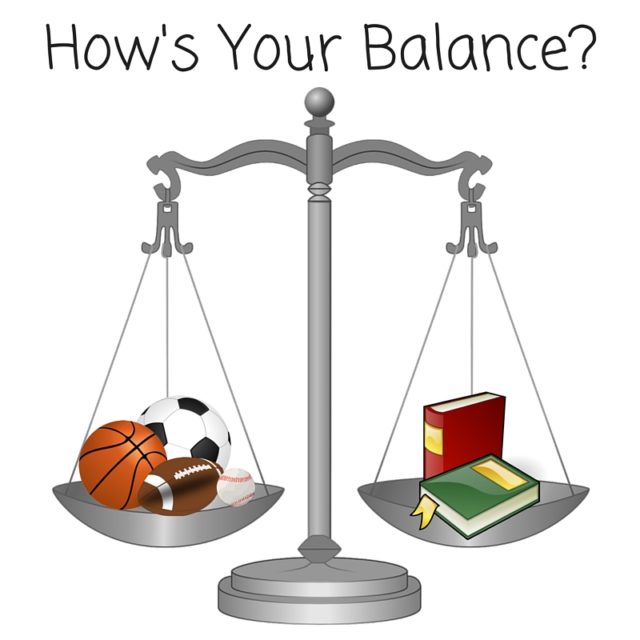Balancing Academic and Non-Academic Pursuits: Nurturing Well-Rounded Individuals
Education is undoubtedly a vital aspect of our lives, providing us with knowledge, skills, and opportunities for personal growth. However, it is equally important to strike a balance between academic pursuits and non-academic activities. Engaging in hobbies, extracurriculars, and other interests outside the classroom can have numerous benefits for students’ overall development. In this article, we will explore the significance of balancing academic and non-academic pursuits and how they complement each other.
Firstly, participating in non-academic activities helps foster creativity and innovation. While academics focus on building foundational knowledge in various subjects, engaging in creative outlets such as arts, music, or writing allows individuals to tap into their imagination and express themselves freely. These pursuits provide an avenue for self-discovery by encouraging students to think outside the box. Additionally, nurturing creativity through non-academic endeavors can enhance problem-solving skills that can be applied across different disciplines.
Moreover, involvement in non-academic pursuits enables students to develop essential life skills beyond what textbooks offer. Participation in team sports teaches teamwork, leadership abilities, discipline, and time management – all crucial qualities needed throughout one’s life journey. Similarly, joining community service initiatives cultivates empathy towards others while honing organizational skills. Balancing these experiences alongside academic commitments equips individuals with a well-rounded skill set that prepares them for future challenges.
Furthermore, non-academic pursuits contribute significantly to mental health and well-being. The pressures of academia can sometimes become overwhelming for students who are solely focused on achieving high grades or meeting expectations from teachers or parents. Engaging in recreational activities like playing an instrument or pursuing outdoor hobbies provides much-needed stress relief while promoting mental clarity and emotional stability. By prioritizing both academic success and personal fulfillment through non-academic avenues simultaneously ensures a healthier mindset overall.
In addition to individual benefits, combining academic and non-academic pursuits also strengthens the learning experience. Academic studies are often theoretical, but real-world applications can be found through non-academic activities. For example, combining science education with hands-on experiments or field trips enhances understanding and retention of concepts. Similarly, literature classes can come alive when students participate in drama clubs or book discussions, allowing them to explore different perspectives and gain a deeper understanding of the material.
Lastly, balancing academic and non-academic pursuits encourages holistic growth by nurturing a sense of curiosity and exploration. The world is full of opportunities for personal development outside traditional educational settings. Encouraging students to pursue their passions alongside their academic journey empowers them to take ownership of their learning process, fostering a lifelong love for knowledge acquisition.
In conclusion, achieving balance between academic and non-academic pursuits is essential for individuals’ holistic development. By engaging in creative outlets, developing life skills beyond textbooks, promoting mental well-being, enriching the learning experience, and encouraging curiosity-driven exploration outside academia’s boundaries – we create well-rounded individuals who are prepared for success both inside and outside the classroom. Education should not solely focus on academics; it should nurture individuals who are curious learners ready to make a positive impact on society as a whole.

Leave a comment